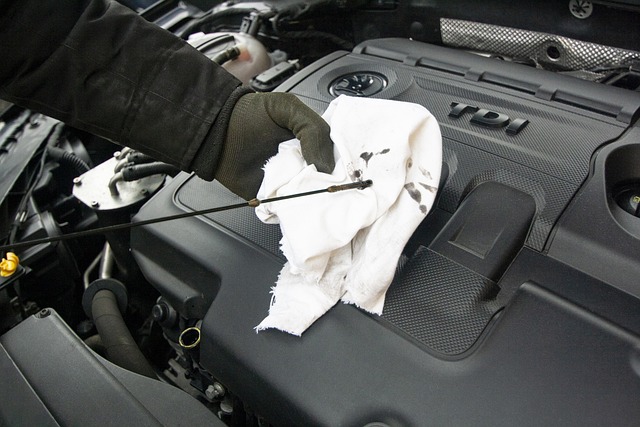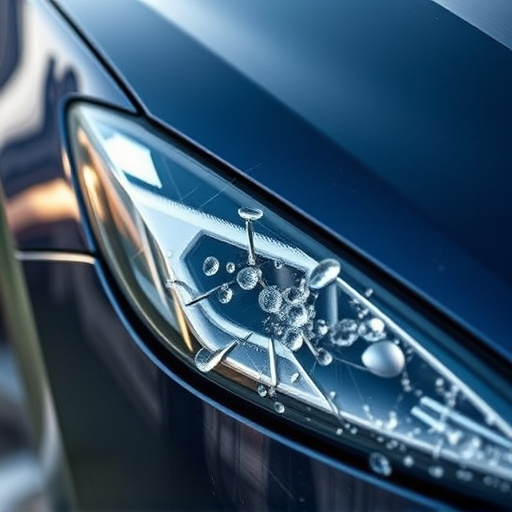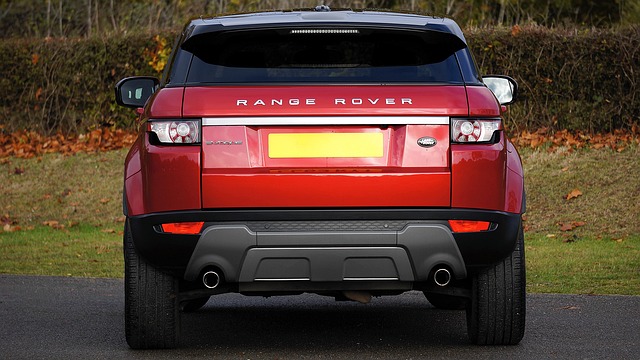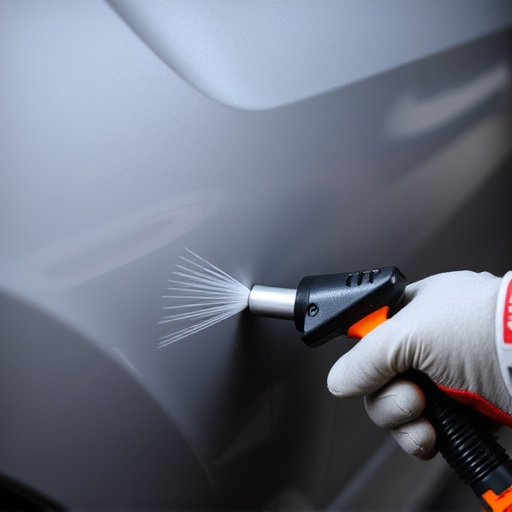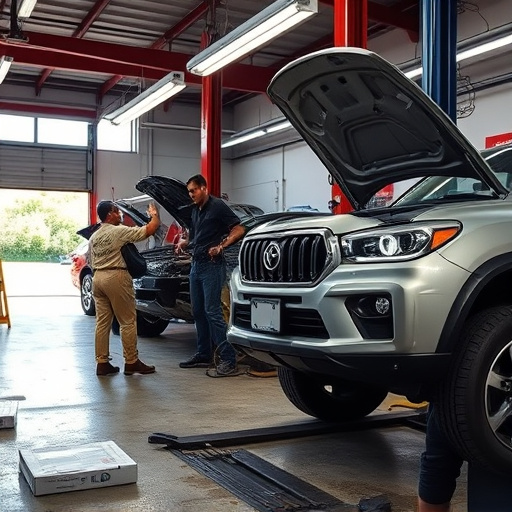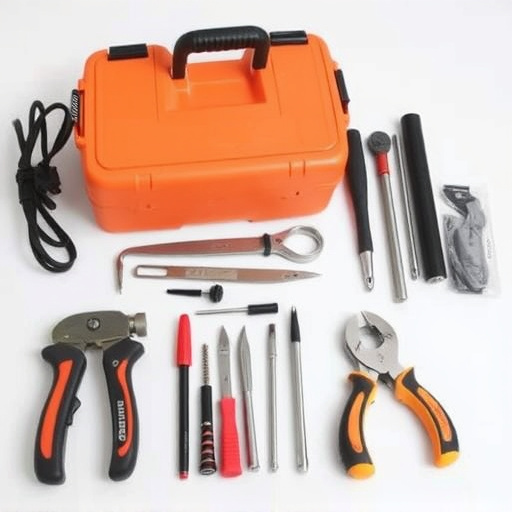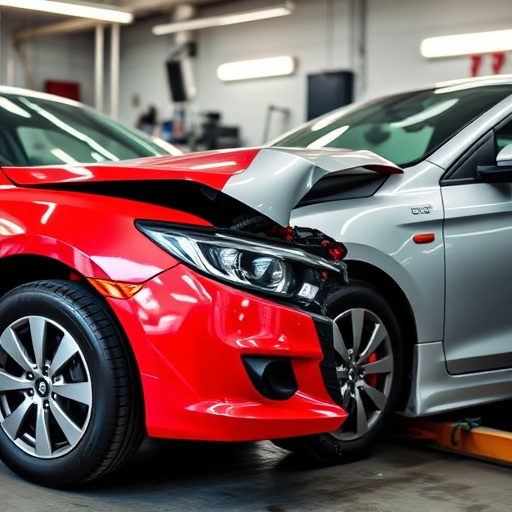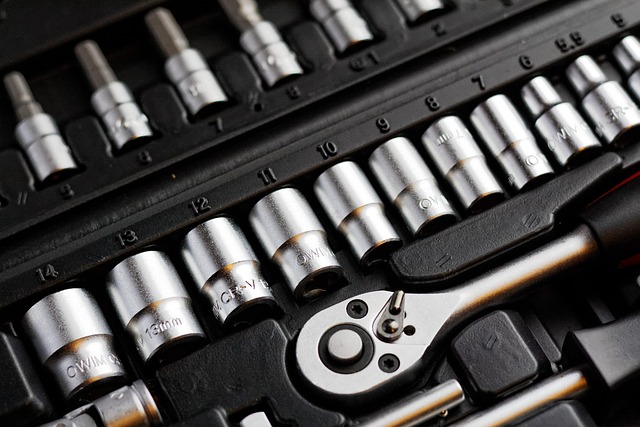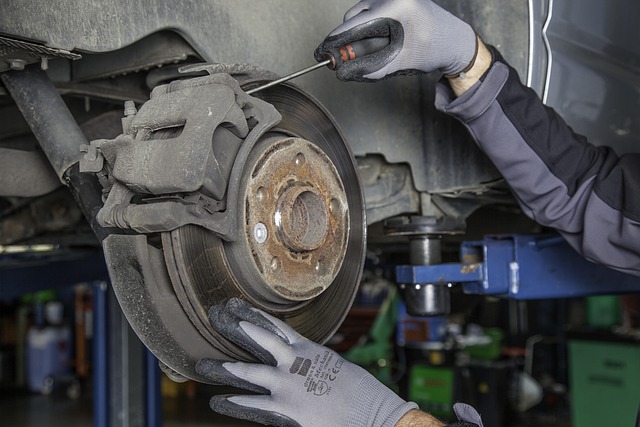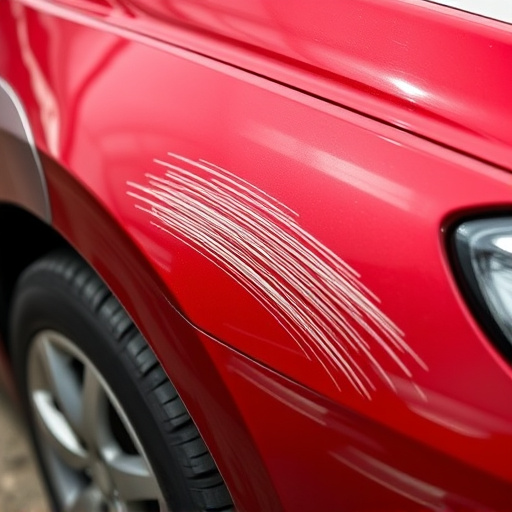In a car body shop, repairs follow key stages: initial assessment, part removal & replacement with specialized equipment, painting for color match, and quality checks. Damage severity, parts availability, shop capacity, and technician skill impact repair duration, from days to weeks. Modern car body shops use advanced techniques like robotic welding, CAD software, spray painting systems, and diagnostic tools for faster, more accurate repairs.
In today’s digital era, understanding repair timelines at a car body shop is crucial for vehicle owners. This article explores the intricate process of car body repairs, delving into how various damages impact turnaround times. From traditional methods to modern techniques and technologies, we’ll uncover efficient practices that revolutionize the industry. Discover insights on minimizing wait times and learn what goes into ensuring quality work at your local car body shop.
- Understanding the Repair Process in a Car Body Shop
- Factors Affecting Repair Time for Different Car Damages
- Efficient Repairs: Modern Techniques and Technologies
Understanding the Repair Process in a Car Body Shop
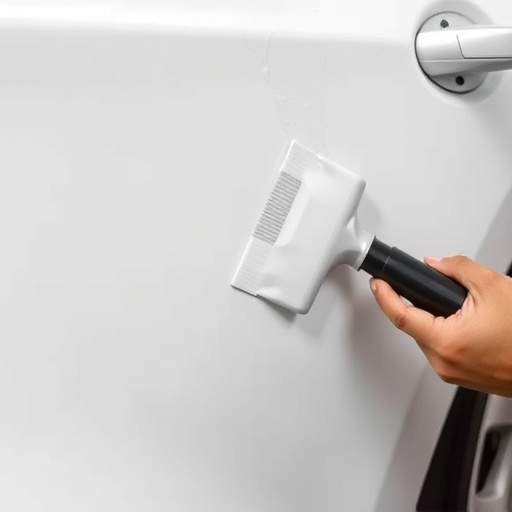
Understanding the Repair Process in a Car Body Shop involves grasping several key stages that automotive experts go through to restore your vehicle to its pre-accident condition. It begins with an initial assessment, where skilled technicians meticulously inspect the damage, creating a detailed plan for repairs. This stage is crucial as it determines the extent of work required and the materials needed.
Once the plan is finalized, the actual repair process kicks in. This involves a series of steps like removing damaged parts, replacing them with new or refurbished ones, and utilizing specialized equipment to ensure precision. After the physical repairs, painting services are often required to match the vehicle’s original color perfectly. The final stage includes thorough quality checks to guarantee that all repairs meet high standards, making your car safe and visually appealing once again.
Factors Affecting Repair Time for Different Car Damages
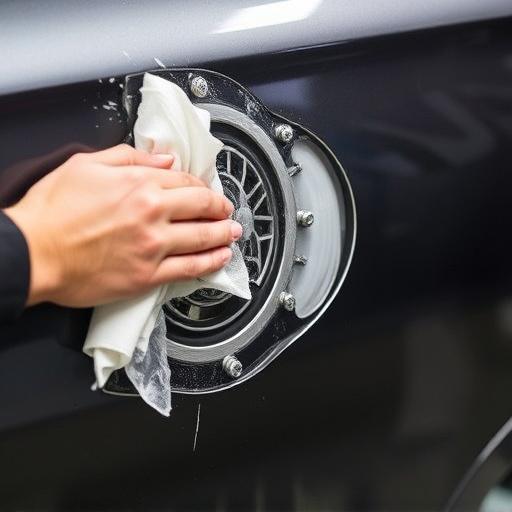
The time it takes to fix a car at a body shop varies greatly depending on several factors.
Firstly, the extent and complexity of the damage play a significant role. Minor dents and scratches typically take less time for auto body repairs compared to more severe collision damage repair that involves frame straightening or extensive panel replacement.
Other considerations include the availability of parts, shop capacity, and the skill level of technicians. Simple fixes might be completed swiftly, while rare or complex auto body repairs could stretch over several days or even weeks. Understanding these factors helps car owners set realistic expectations when bringing their vehicles in for collision repair services at a car body shop.
Efficient Repairs: Modern Techniques and Technologies
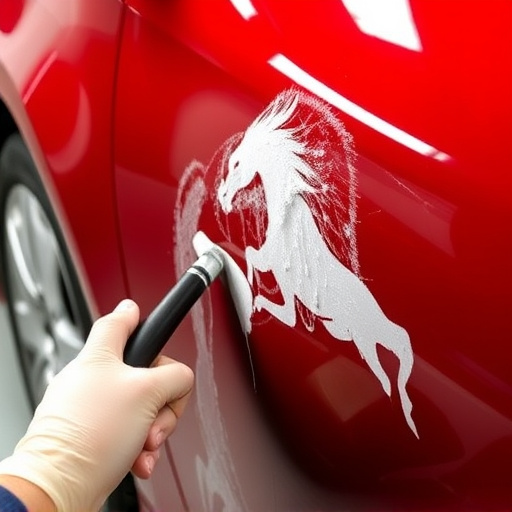
In modern car body shops, efficient repairs are made possible through advanced techniques and technologies. Automation has played a significant role in streamlining the process, allowing for faster and more precise work. Robotic welding systems, for instance, ensure consistent and high-quality welds, reducing the time typically needed for manual welding. Additionally, computer-aided design (CAD) software enables technicians to plan and execute repairs with greater accuracy, minimizing mistakes and the need for reworks.
These innovations have also extended to painting technologies. Modern car body shops use state-of-the-art spray painting systems that apply paint evenly and efficiently, reducing drying times. Furthermore, advanced diagnostic tools help in quickly identifying issues, enabling technicians to focus on the specific repairs needed, thereby expediting the entire process for both standard and luxury vehicle repair. This combination of automation, precise planning, and cutting-edge tools contributes to shorter turnaround times at auto repair shops.
In conclusion, understanding the repair process at a car body shop, along with recognizing the factors impacting turnaround times, empowers vehicle owners to make informed decisions. Modern techniques and technologies are revolutionizing repairs, ensuring faster and more efficient outcomes. When choosing a car body shop, consider these advancements to streamline your restoration journey.

